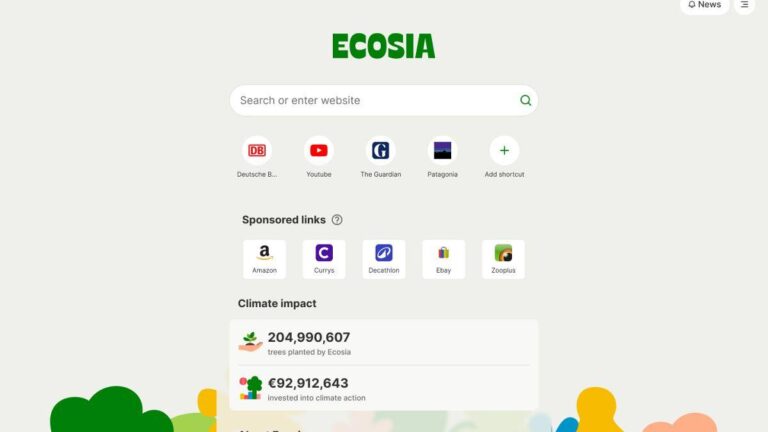Introduction to Eco-Friendly Search Engines
With the rise of the digital era, search engines have become an essential tool for everyday tasks. However, their environmental impact often goes unnoticed.
The Environmental Impact of Traditional Search Engines
Traditional search engines consume significant amounts of energy due to their vast data centers. These centers generate a large carbon footprint, contributing to pollution.
How Eco-Friendly Search Engines Operate
Eco-friendly search engines strive to reduce their carbon emissions by using renewable energy sources. They implement greener technologies in data storage and retrieval processes.
Supporting Social Causes
Many eco-friendly search engines not only focus on sustainability but also aim to alleviate poverty. For instance, they often donate a portion of their profits to charitable organizations.
Why Choose Eco-Friendly Search Engines?
By using eco-friendly search engines, users can contribute to a healthier planet while browsing the web. Switching just a few habits can lead to substantial environmental benefits.
Examples of Eco-Friendly Search Engines
Some notable eco-friendly search engines include Ecosia, which plants trees with its ad revenue and Givero, which supports various social projects. For a more comprehensive list and details, check out the Borgen Project.
Conclusion
In the fight against poverty and pollution, eco-friendly search engines are paving the way for sustainable browsing. Making small changes in our online habits can lead to significant positive outcomes.

